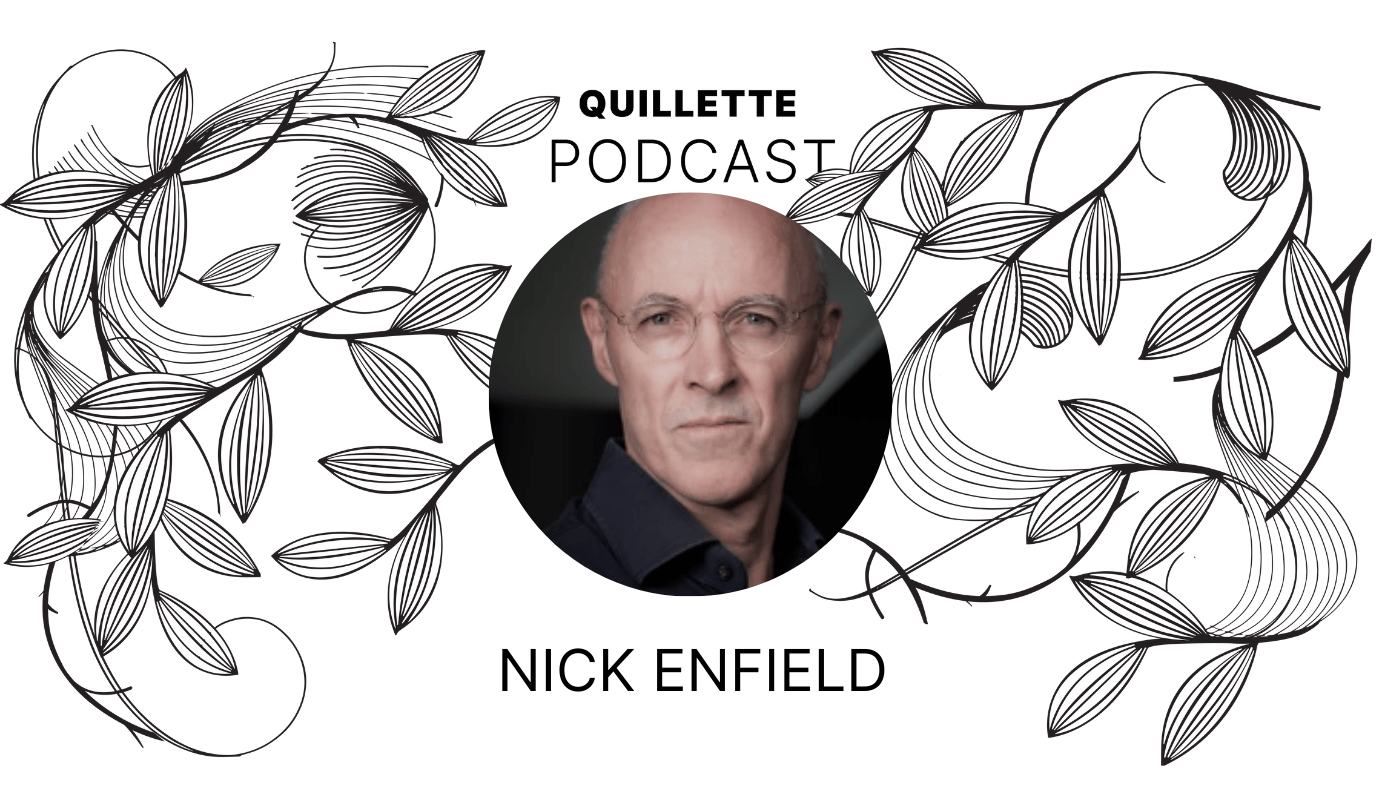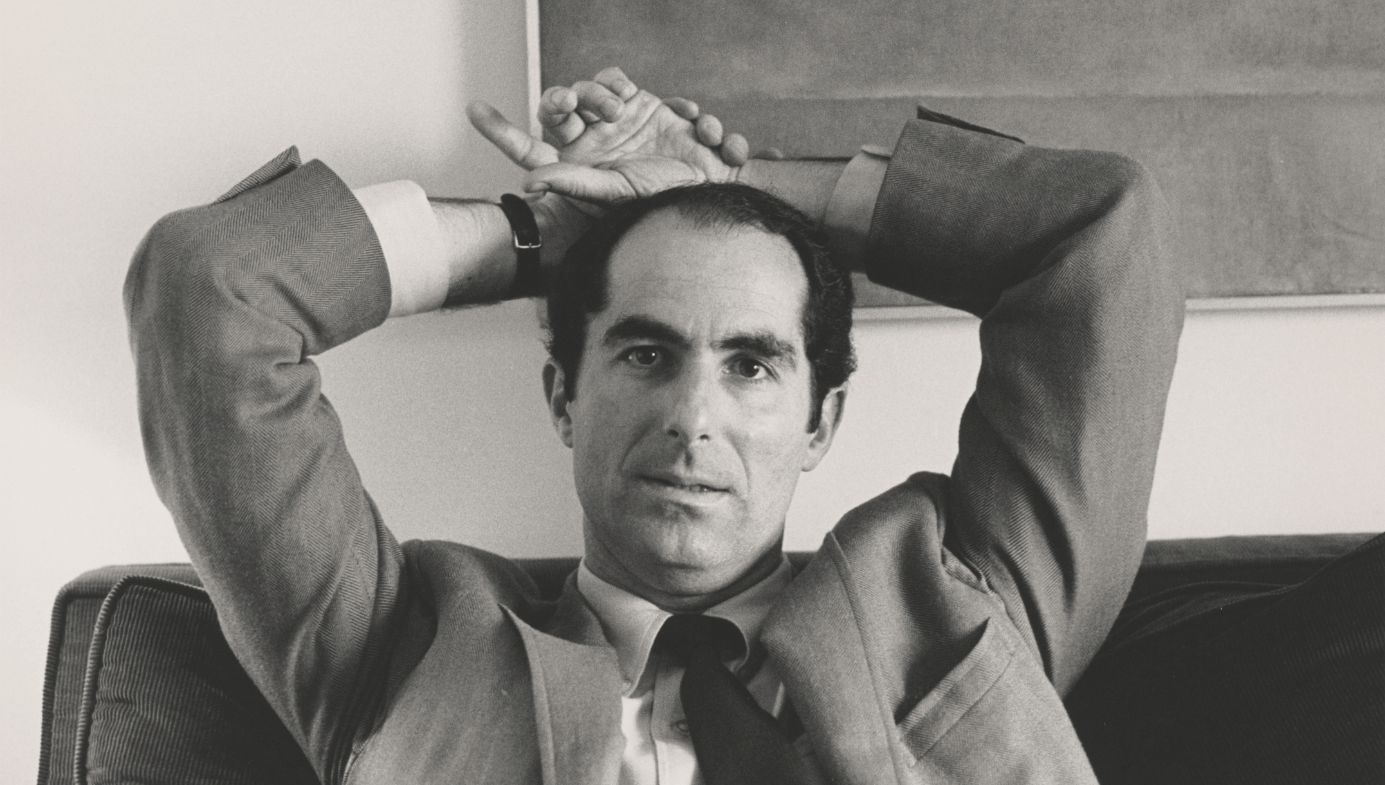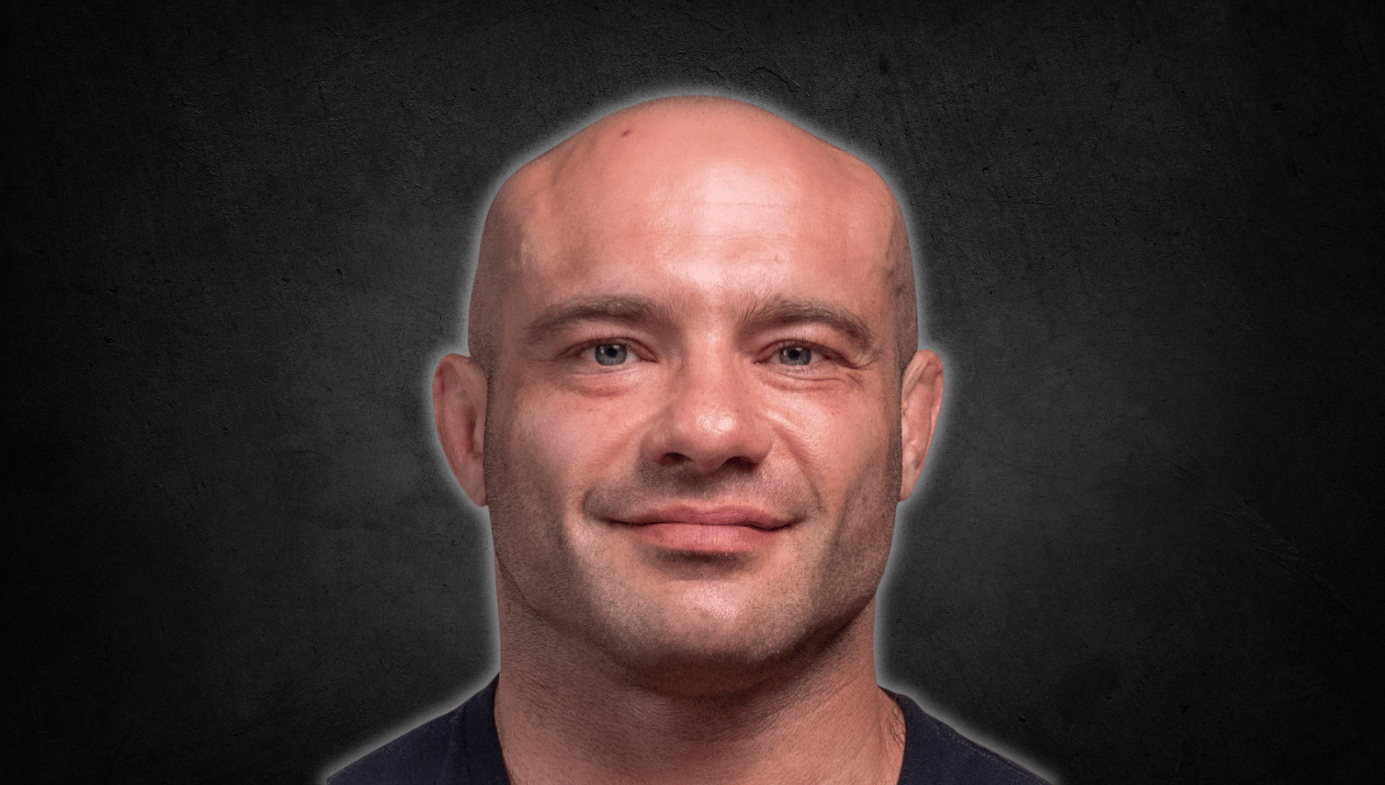Gillette's Progressive Politics: 'Corinthian Leather' for the Progressive Soul
n the 1960s, being progressive meant expanding the range of permissible behaviour. A half century later, it’s about imposing constraints.

My father was never a big fan of television—in part because his attention span always has been shorter than your average late-20th-century commercial break. He also would become exasperated by the nonsense claims made by advertisers. We now live in separate cities, so we don’t watch television together. But I can only imagine what his reaction would be to Gillette’s new commercial calling out toxic masculinity.
Being a metallurgical engineer (as I, too, would later become), my father was especially irritated by ads for razors. In one well-known spot for the Vintage Stainless Steel Doubled-Edged Blade (this was before my time, but he often talked about it), an actor would be asked to compare a “Personna Stainless, seven shaves old” with another “well-known blade, brand new”—shaving half his face with each. The actor, of course, identifies the Personna as being the more comfortable of the pair. The announcer then hammers home the fact that the Personna prevailed despite being seven shaves old. But that fact was meaningless, my father would tell me (and others), because the main cause of shaving-blade degradation isn’t contact with skin. It’s the gradual oxidation that takes place when the blade dries off, over hours or days, after it’s been used—a phenomenon that wouldn’t apply to a blade that (as in this case) presumably had been used seven times in rapid succession.
It’s an example my dad would bring up repeatedly whenever a dumb commercial would come on TV, since the same general principle applies to most ad campaigns for mass-market products. Coca-Cola doesn’t make you smile. The “Rich Corinthian Leather” that Chrysler used to upholster car seats wasn’t actually from Corinth. And smoking Virginia Slims doesn’t actually mean “You’ve come a long way, baby.” It probably just means you’re going to die of lung cancer.
But misleading as that Personna ad may have been, it had more substance than most modern commercials. At the very least, it purported to extol the actual physical quality of the product being advertised—even if the evidence presented in support of that claim was thin. Coke, Chrysler and Virginia Slims (a 1960s-era spinoff of Benson & Hedges), on the other hand, were selling fairy tales based on happiness, wealth and liberation, respectively.
A close Mad Men-era analogue to Gillette’s new ad would be this Virginia Slims ad from 1967. It starts with a woman in 19th-century clothing, staring mournfully at her feet while a sad tune plays. “It used to be, baby, you had no rights,” intones a male voice saucily. “No right to vote. No right to property. No right to the wage you earned. That was back when you were laced in, hemmed in, and left with not a whole lot to do. That was back when you had to sneak up to the attic if you wanted a cigarette. Smoke in front of a man? Heaven forbid!”
And now—what’s this?—the woman has taken out a pair of scissors and she’s cutting away at her outfit, turning it into a stylish pant suit with a bare mid-riff. She offers a coy smile, too, and a few turnabout dance moves. Then the anthem starts: You’ve come a long way, baby, to get to where you’ve got to today…” And an announcer comes on “introducing new Virginia Slims, the slim cigarette for women only, tailored for the feminine hand. Slimmer than the fat cigarettes the men smoke, with the kind of flavour women like…in a slim purse pack.” The rousing last verse: You’ve got your own cigarette now, baby. You’ve come a long, long way!
In some respects, the act of watching that ad is a voyage to a distant land: It’s not just that cigarette ads have been illegal in western countries for decades (the woman actually takes a puff—right there on TV). But the very idea that “women” smoke with a small “feminine hand” also would constitute its own sort of transphobic thoughtcrime. Nevertheless, the basic Madison Avenue impulse behind the ad is recognizable to modern eyes: There’s this cool social trend out there. Let’s present our product as part of that cool trend. In the 1960s, the cool trend was empowering women. A half century later, it’s hectoring men. In the 1960s, being progressive meant expanding the range of permissible behaviour. A half century later, it’s about imposing constraints. In the 1960’s, the puritans were the bad guys. Today, they’re the ones setting the moral agenda.
Gillette’s new 48-second We Believe ad plays on the company’s longstanding tagline, “the best a man can get?” to address (with varying degrees of subtlety) bullying, harassment and sexism. “We can’t hide from it, it’s been going on far too long,” says the narrator. “We can’t laugh it off, making the same old excuses. But something finally changed. And there will be no going back. Because we…We believe in the best in men. To say the right thing. To act the right way. Some already are, in ways big and small. But some is not enough. Because the boys watching today will be the men of tomorrow.”
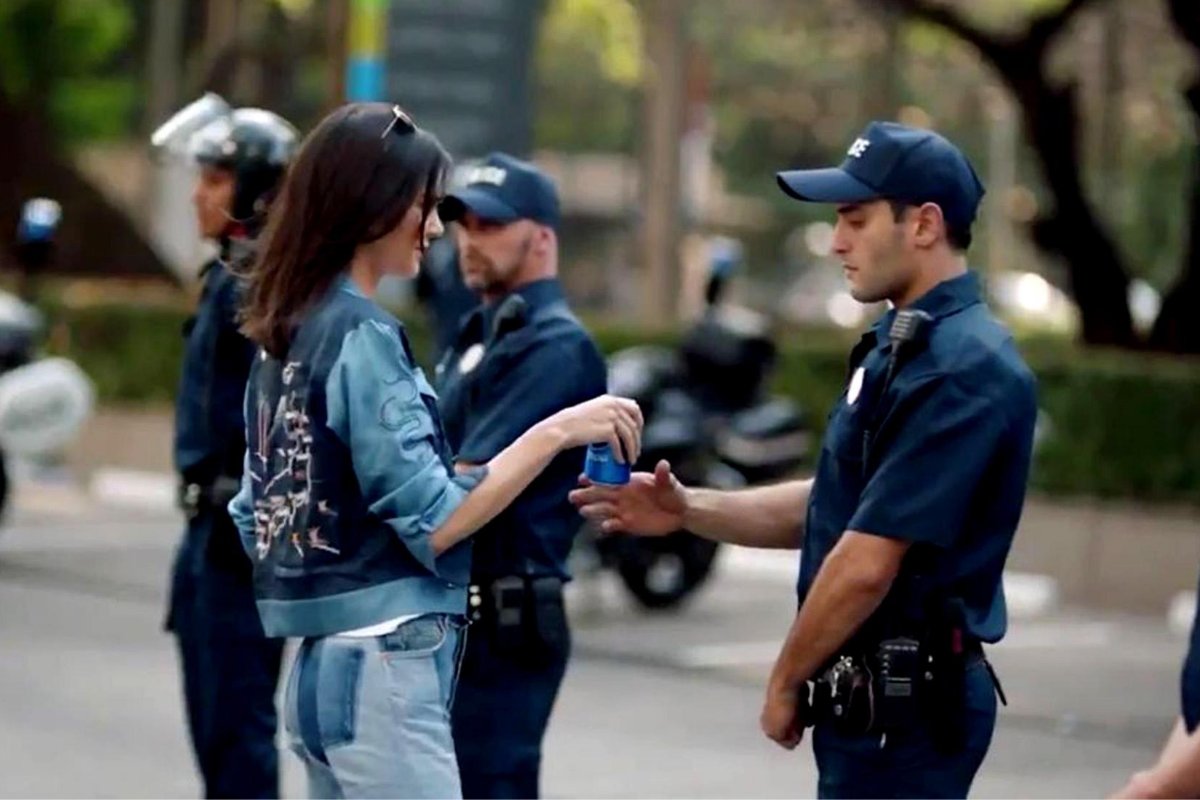
“As a company that encourages men to be their best, we have a responsibility to make sure we are promoting positive, attainable, inclusive and healthy versions of what it means to be a man,” said a Gillette spokesperson this week. (The company also released a lengthy corporate-values manifesto titled Separating The Men From the Boys). That is, of course, complete nonsense: “The best a man can get” is what is known, at law, as “mere puffery”—i.e., “the exaggerations reasonably to be expected of a seller as to the degree of quality of his product, the truth or falsity of which cannot be precisely determined.” Gillette is “the best a man can get” in the same way that Carlsberg is “probably the best beer in the world”; switching to GEICO is “so easy a caveman can do it”; and Michael Jordan was an awesome basketball player because “it’s gotta be the shoes.” For Gillette to claim that they have some cosmically defined moral responsibility to detail exactly how they define “the best a man can get” is akin to L’Oreal (“Because you’re worth it”) assigning itself responsibility for assessing the utilitarian value of a woman’s existence.
To watch the Virginia Slims and Gillette ads side by side is to observe an interesting transformation in tone, not just message. The Virginia Slims ads were fun and sexy (and, in fact, were often criticized by feminists—who properly objected to, among other things, the use of the word “baby”). The Gillette ad, by contrast, starts off earnest and sanctimonious—though some of the shots that appear in the tail end admittedly are quite “lovely,” and even inspiring. It’s essentially a high-budget public-service announcement about bullying and misogyny. These are real social problems—even if they are in decline thanks to increased public awareness, and it’s unclear why a razor company has any special insight into how to solve them.
But even if critics are correct that the Gillette ad carries a heavy-handed politically correct message about “male toxicity,” I’m not sure it makes sense to blame Gillette for hitching its wagon to a trendy horse. This is what companies do. For years, Gillette has been facing downward price pressurefrom web-based suppliers. And if they can’t compete on price, it makes sense to compete on wokeness—which, for millennials, is basically Corinthian leather for the soul.
Assuming the goal of advertising is to build brand awareness, the new Gillette ad should be seen as a staggering success: Within 48 hours, it already had about 5-million views on YouTube—even if the 3-to-1 dislike-to-like ratio wasn’t what the creators might have expected. Meanwhile, the share price of Procter & Gamble Co., Gillette’s parent company, has remained steady. James Woods may choose to boycott Gillette, but investors don’t seem to regard him as a representative consumer specimen.
* * *
The Gillette and Virginia Slims ads both provide high-flown answers to the challenge of product differentiation that has existed in our mass-retail economy since the mid-to-late 20th century. Filtered cigarettes are filtered cigarettes. Sugar water is sugar water. And razor blades are razor blades. During the early Cold War, when that Personna ad was pissing off my dad, there really were big differences among the various blades on offer—as each manufacturer had its own quirky products and features. Straight razors—a murder weapon you kept in your bathroom—gave way to safety razors, then removable blades, cartridges and disposables. Women’s razors also have evolved: In 1917, when Gillette marketed its first razor for women—the hilariously named Milady Décolletée, designed to “keep the underarm white and smooth,” and thereby avoid “an embarrassing personal problem”—it really was a completely different product from the razors sold to men.
But today’s razors look a lot like the ones I used 30 years ago—just with more blades than anyone knows what to do with. In 2004, The Onion published a satirical article titled Fuck Everything, We’re Doing Five Blades, purportedly written by Gillette’s president. A year later, the real Gillette produced the five-bladed Fusion, which it described, all too presciently, as “the future of shaving.” Since then, the company has rolled out different versions of these razors (some dispensing lubricating goop as a premium feature) but it’s basically the same product, and young men now take all those blades for granted.
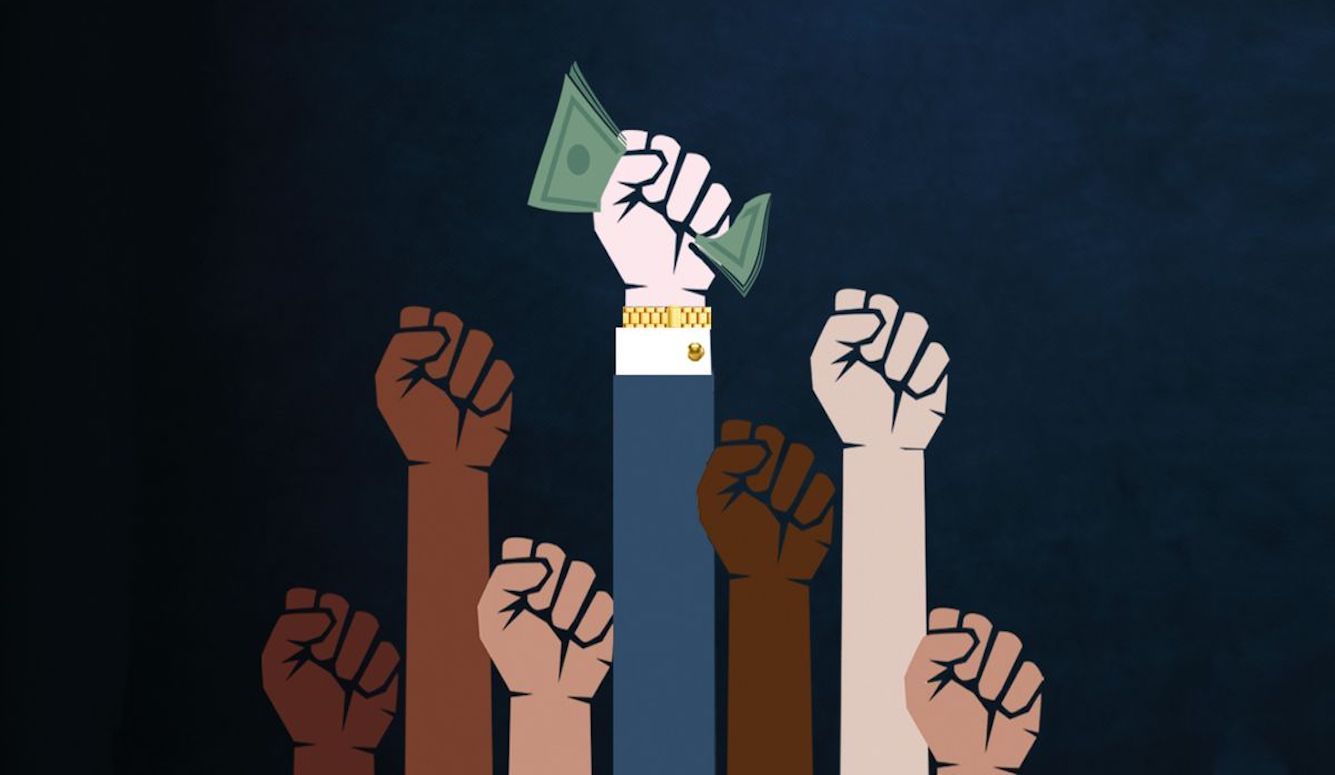
Earlier this month, Uri Harris wrote an essay for Quillette about activists co-operating with high-tech companies to advance progressive causes—including, disturbingly, “restricting speech and behaviour,” which was Harris’ specific focus. The Gillette ad shows how the same trend is playing out in the retail sector for companies with a critical mass of high-end customers willing to pay more for brand image.
At my local Toronto pharmacy, a pack of eight Gillette “Fusion5™ ProShield™” razors goes for $42.14 (all figures in U.S. dollars)—a staggering $5.27 per razor. These are displayed, of course, at eye level, since they provide the highest profit margin. Stoop down to waist level, and you will find a package of three quad-bladed cartridges—in generic packaging, though they provide more or less the same quality shave as the Fusion5—for just $2.26 per razor. And if you’re willing to go down to ankle level, you can get a 10-pack of “Life” brand twin blades for just 60 cents each. (They’re marked “disposable,” but I often will use the same one for several weeks.) Do the math here, and you’ll see that we are talking about an almost 10-fold difference in price for products that—notwithstanding the many protestations I’m set to receive from hipsters who shave with hand-forged titanium blades stored in sealed alabaster canisters full of ionized gas—do the same basic thing.
Who are the men paying that ridiculous premium? Gillette’s marketing department can tell you: It’s the same well-paid university-educated knowledge workers who spend their days on their Mac laptops arguing about allyship and Facebooking socially conscious videos, and who are only too happy to onboard the message that buying overpriced razors will help bring down the patriarchy.
Not so long ago, these progressives would have been skeptical of moral pronouncements from multinational corporations—let alone a $229-billioncompany that controls half the U.S. razor market. Indeed, the presumption of corporate malevolence was pretty much the core mantra of leftist activism during the era of anti-WTO and anti-IMF riots in the early 2000s—inspired as it was by tracts such as Naomi Klein’s No Logo, which denounced brand marketing as a cynical, manipulative force in modern economic life. But as Harris notes, that era is over. And Gillette’s campaign likely won’t be the last time progressive puffery is used to sell us overpriced products we don’t really need.





